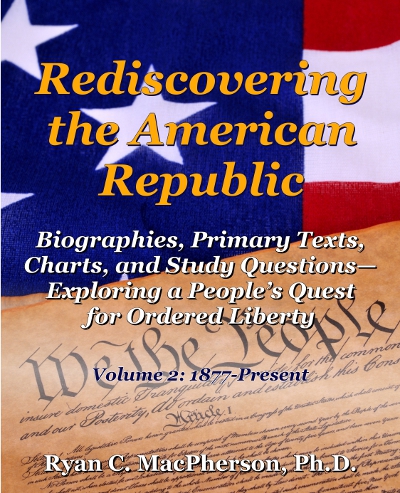As a college professor, workshop presenter, and writer, I’ve addressed topics in medical ethics for many years—including the topic of vaccination. In “Science 330: Ethics in Science” at Bethany Lutheran College and “Theology 5202: Bioethics” at Martin Luther College, I teach about the ethical principle of “informed consent.” This means that an adult should have the freedom first to become informed and second to decide whether to consent to any medical procedure for oneself. Or, in the case of parents, this means that dads and moms should have the freedom to become informed and then make decisions on behalf of their minor children. “Informed consent” is central to medical ethics, being recognized worldwide through such statements as the Helsinki Declaration. Sometimes this idea of informed consent also goes by the name “medical freedom.”
Of course, any freedom must be exercised within ethical limits; for example, suicide is wrong because it hurts, indeed murders, oneself and abortion is wrong because it hurts, indeed murders, a vulnerable person entrusted to one’s care. No amount of “consent” justifies a person in committing suicide or murdering his or her unborn child. In less obvious cases—such as whether or not to be vaccinated, given that vaccines have potential benefits as well as potential risks—it is generally best to leave the decision to the realm of medical freedom: adults decide for themselves and parents decide for their minor children. Informed consent includes both information and consent, and we may expect that consulting a healthcare provider would be part of the “information” stage, while we also should respect a patient’s right to seek a second opinion, too.
I am not licensed to provide medical advice, and therefore I do not provide medical advice. I also do not claim that the administration or the faculty colleagues at either of the colleges where I teach agree with everything I teach. Both schools allow for an appropriate degree of academic freedom as we explore controversial matters in the classroom. More than anything, I seek to equip my students with a method and a framework for finding answers, rather than spoon-feeding them my own preferred answer. I do this for three reasons: first, I might be mistaken—careful as I try to be in my research; second, they may face questions after graduation that we never even imagined while in class; third, I hope that my students someday will replace me by rising to leadership in the next generation.
I have training in the history of science and in bioethics, and on that basis I have published several articles and given several presentations on topics relating to vaccines. My wife Marie also researches these topics and has been interviewed on podcasts as well as posted blogs.
You can find our writings plus a list of third-party resources here. Those sources do not always agree with each other, and we do not fully endorse them either, but we have found them helpful in the process of “becoming informed” before we give or withhold “consent.”
My wife and I recently were interviewed, somewhat casually, for a podcast concerning vaccine mandates, etc.: “Injection Questions.”
For a more rehearsed phrasing of my conclusions on this topic, please see my article published by University Faculty for Life and my webinar presented for Lutherans for Life—a video archive and also a PDF handout. In brief, I support conscientious objections to vaccines produced in a manner involving aborted human fetal tissue and, regarding other vaccines, I support careful weighing of benefits and risks, including focused attention on personal and family health histories, in consultation with one’s healthcare provider. Reduced to two words: “informed consent,” aka “medical freedom.”
A financial incentive to grant or withhold consent violates the principles of medical ethics. I therefore oppose the now-fashionable distribution of $100 gift cards to minors who get a COVID-19 vaccine; indeed, even without this bribery, the lowering of the age of consent in some jurisdictions to a mere twelve years already has compromised the wisdom of informed consent. This manipulative move denies medical freedom to a sizable group of adult citizens: parents. People who are four years too young to drive a car and six years too young to sign a contract are usually not competent to handle the “information” aspect of informed consent adequately to make a decision that is in their best interest, particularly when it comes to considering both short- and long-term benefits and risks.
Of course, not everyone agrees with me. For a simple seven-point overview of the vaccination debate, see “Vaccinate or Not? Seven Reasons from Each Side,” and keep thinking about it. Applying that seven-fold analysis to your own viewpoints will help you clarify where you stand, why you stand there, and whether your stance needs to be shifted closer toward objective standards of what is good and true.
Dr. Ryan C. MacPherson is the founding president of Into Your Hands LLC and the author of several books, including Rediscovering the American Republic (2 vols.) and Debating Evolution before Darwinism. He lives with his wife Marie and their homeschooled children in Casper, Wyoming, where he serves as Academic Dean at Luther Classical College. He previously taught American history, history of science, and bioethics at Bethany Lutheran College, 2003–2023 He also serves as President of the Hausvater Project, which mentors Christian parents. For more information, visit www.ryancmacpherson.com.


